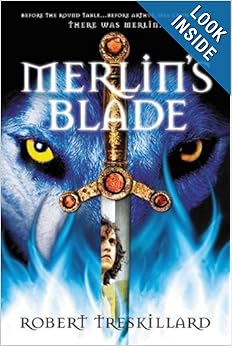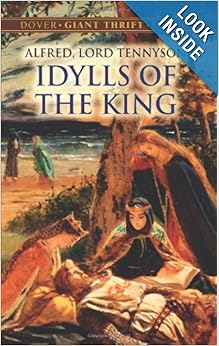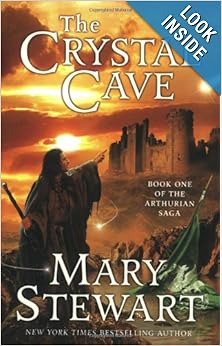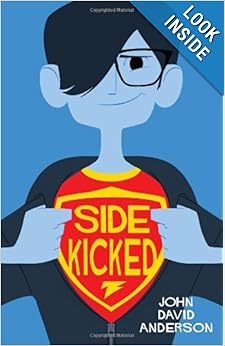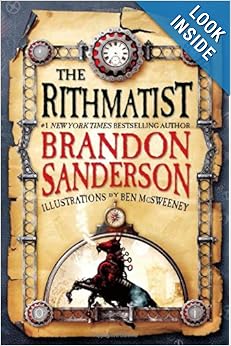 This final book in the Chronicles of Egg trilogy begins as Egg has just been saved from death by hanging by his uncle, the pirate Burn Healy. The first chapter begins with three problems: the ship is sinking, other pirates are out to kill them, and the ship’s crew is giving Egg and his friends murderous looks and muttered threats as they look for a way to get rid of him.
This final book in the Chronicles of Egg trilogy begins as Egg has just been saved from death by hanging by his uncle, the pirate Burn Healy. The first chapter begins with three problems: the ship is sinking, other pirates are out to kill them, and the ship’s crew is giving Egg and his friends murderous looks and muttered threats as they look for a way to get rid of him.
The book just gets better and better from that fine start. There’s a sea battle, so well described that I read every word, instead of skimming the fighting part, as I usually do, to get to the end and find out who won and who lost. Mr. Rodkey writes his characters, especially Egg, and his action scenes with a deft hand, including humor, emotion, and vivid description incorporated into the fast-moving story.
You certainly can’t fault the book for a lack of action or for starting out slowly. The action is relentless and absorbing, and it doesn’t come at the expense of character development. Egg began the series in the book Deadweather and Sunrise as a naive and victimized boy, and in this third book his philosophy of life and his rationale for decision-making are both much more sophisticated. And yet he still has a lot to learn.
The setting is South Pacific islands-ish, perhaps Caribbean, but with mythical islands in an imaginary world. The volcano, the pirates roaming the seas, tropical fruits, religious details, and some of the names (Mata Kalun, Moku, Okalu, etc.) made me think more of the South Pacific. The religion that’s incorporated into the story is particularly interesting to me. Egg’s native friend, Kira, prays to and worships the sun god, Ka. The “settlers” with more British names use the word “Savior” as a sort of swear word or curse (“Oh, Savior’s sake!” and “the Savior as my witness . . .”), but it’s never clear in this book what “savior” they’re talking about. Burn Healy lives by the Pirate Code, a set of rules for an honor culture, that Burn made up himself and had all of his crew sign. He does, that is, until he doesn’t, more on that later.
Egg doesn’t pray to Ka, although he’s glad that Kira does. He hasn’t signed the Code. And he doesn’t seem to have any other religious background or belief. So, Egg is the proverbial seeker, open to truth wherever he can find it, somewhat disillusioned by his recent experiences, but wanting to do what is right and good. So, the search starts with Egg’s Uncle Burn, who has already violated his own Pirate Code by saving Egg’s life, telling him that the world can’t be divided into good and evil, that everyone and everything is “grey”, mostly evil. Egg later decides that the only men on the Blue Sea are “bad and worse.”
But Egg keeps trying to figure out and do what’s right. The Pirate’s Code is not sufficient to inform his actions, but he still wants to be “honorable”. He becomes involved in a project to free the slaves in the silver mines, because slavery is wrong. His uncle tells him, “So are a million other things in this world. You can’t right them all.” Egg persists because he wants to prove himself worthy of the sacrifices others have made in his behalf.
Then, about halfway through the book, Egg and his friends are translating a treasure map with an inscription that comes to the crux of the matter. In part it says: “This we swear as truth: the man who seeks rescue from the gods will die in bitterness. Neither Ka, nor Ma, will save him. The only savior of man is man.”
So, Egg knows he’s on his own, with only his friends to help him, maybe, and yet he carries on. Egg becomes his own savior. He and his friends save the slaves from the silver mine, and they save the people that the the pirates have captured and planned to kill, and he destroys the evil, nefarious villain of the story with a lot of fortitude and a handy trick. Seemingly, the only savior of Egg is Egg himself.
And yet . . . on page 332 Egg is “praying” for his brother Adonis. A figure of speech? Perhaps. But then, as the action winds down, and Egg is almost safe and victorious, but not quite, this interesting thought comes to him:
“I’d seen more than my share of trouble, and when the eruption blotted out the sun, my body finally decided enough was enough, and that it was time to check out for a while and not come back until somebody else had fixed things, or at least swept up some of that ash.”
Finally, at the end of the book, Egg says, “The future felt like a math problem I couldn’t solve.” Maybe, even though this series is over, Egg has even more to learn about Somebody Else who saves and who solves when human efforts are not sufficient.
Amazon Affiliate. If you click on a book cover here to go to Amazon and buy something, I receive a very small percentage of the purchase price.
This book is also nominated for a Cybil Award, but the views expressed here are strictly my own and do not reflect or determine the judging panel’s opinions.


